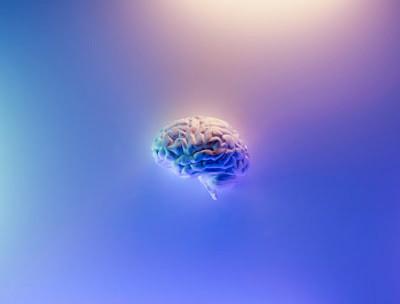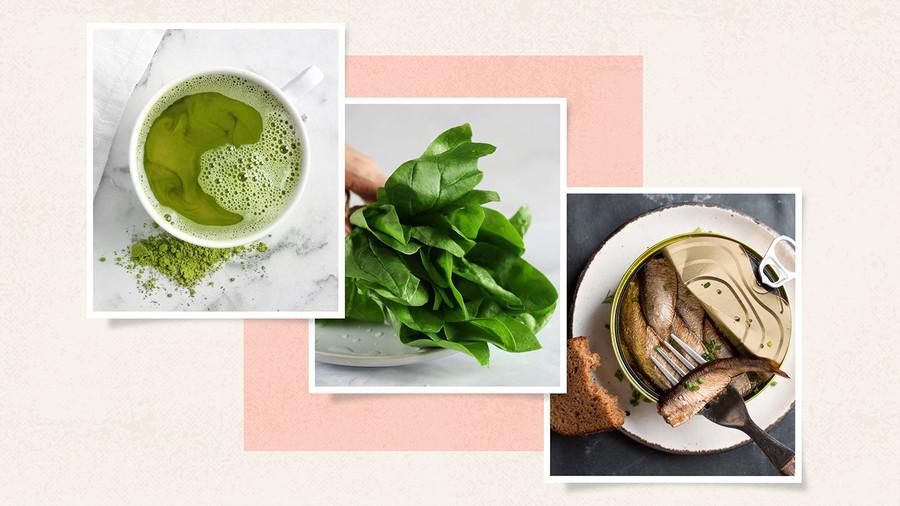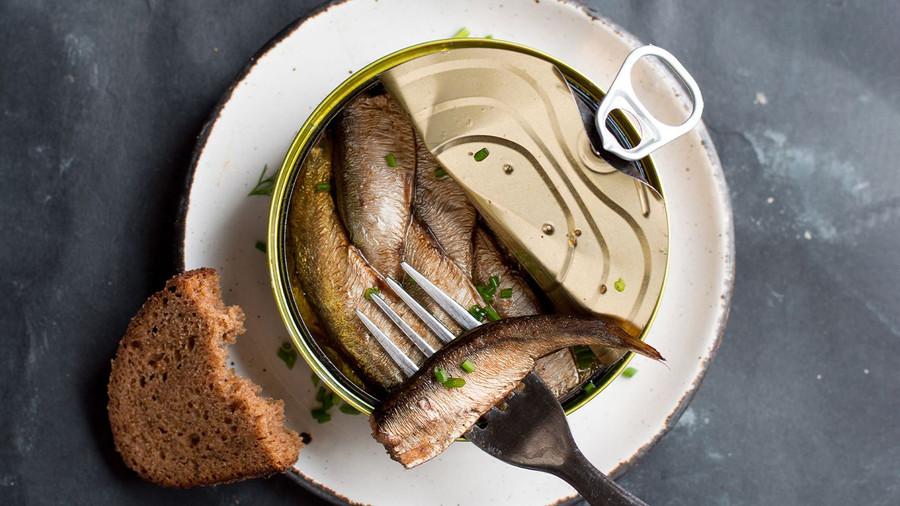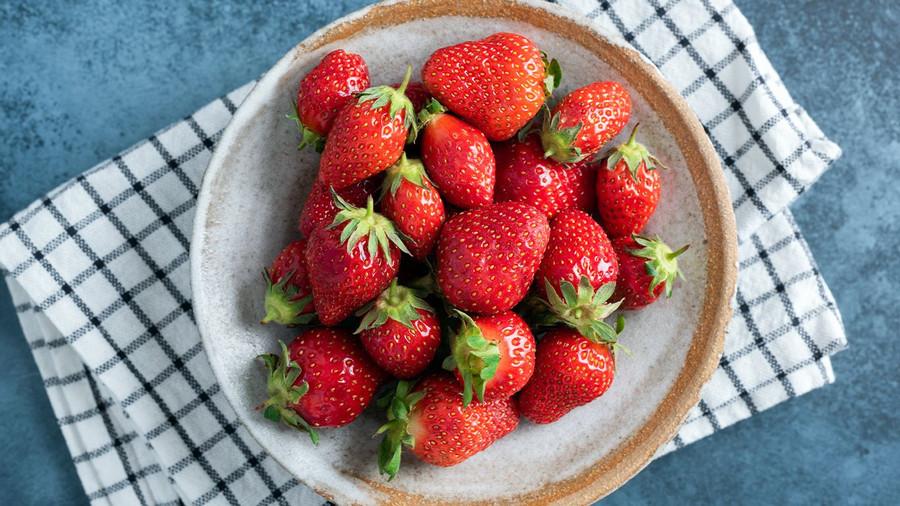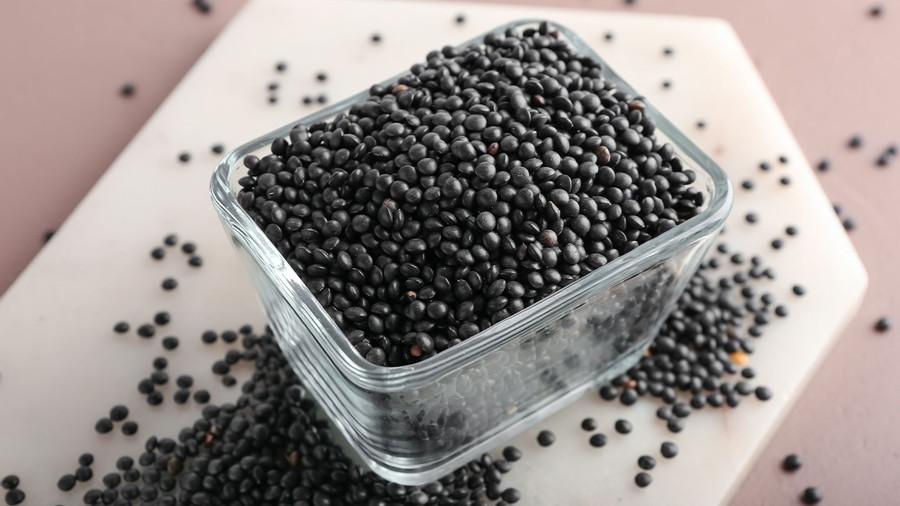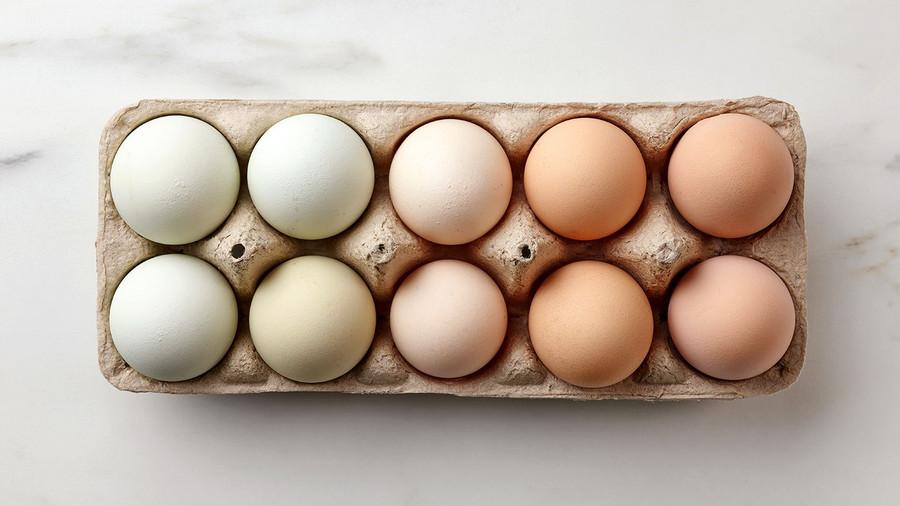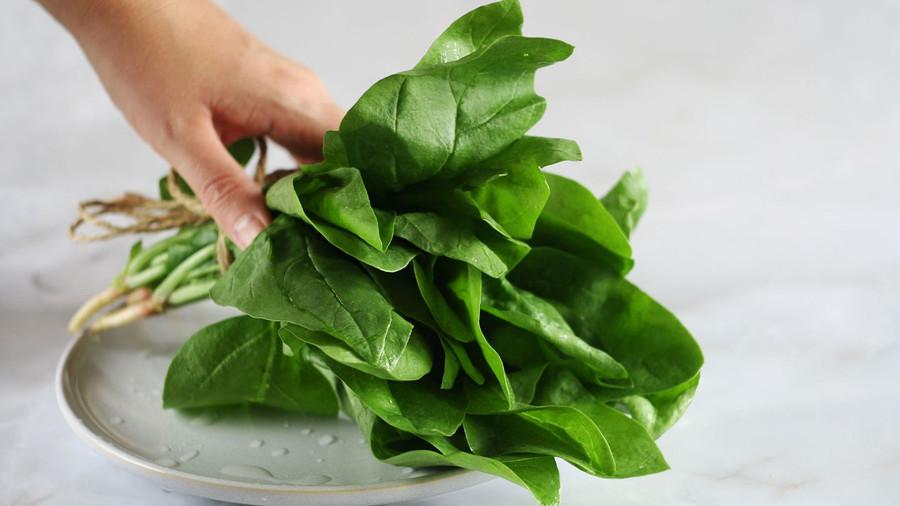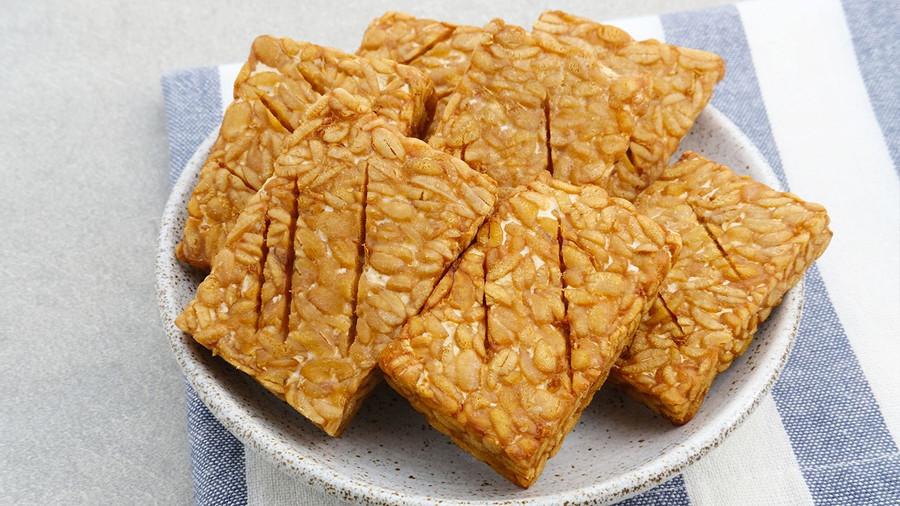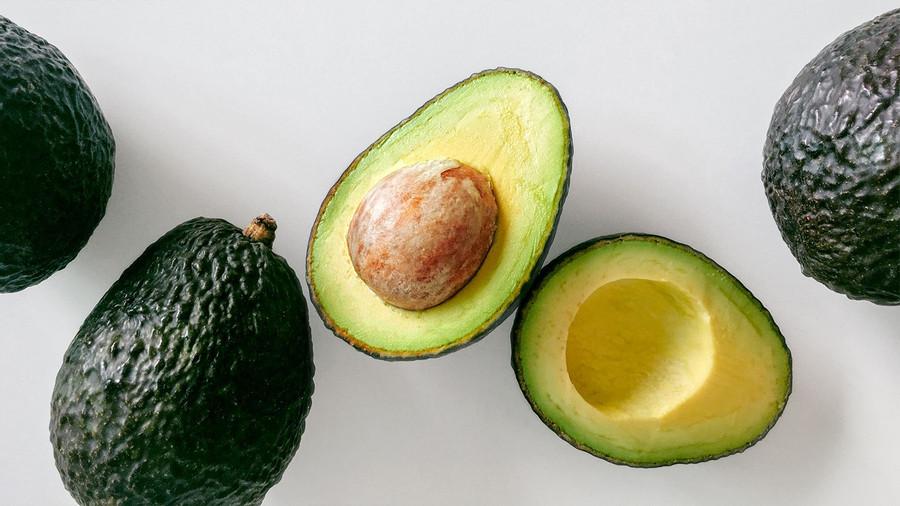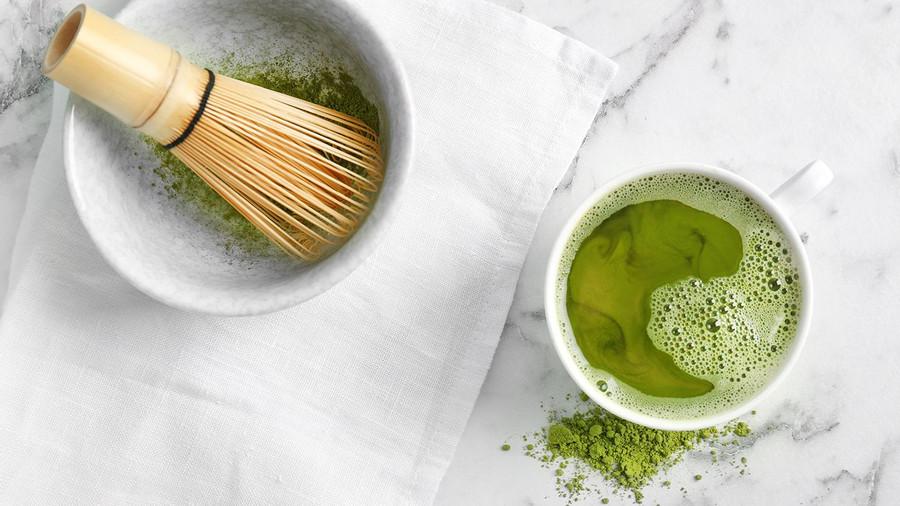The 8 Best Foods for a Healthy Brain
Curated from: everydayhealth.com
Ideas, facts & insights covering these topics:
10 ideas
·7.16K reads
75
4
Explore the World's Best Ideas
Join today and uncover 100+ curated journeys from 50+ topics. Unlock access to our mobile app with extensive features.
Food May Impact Our Mental
A growing body of research shows that certain foods have the nutritional makeup to help maintain mental sharpness.
Food is one of the most important levers we can pull when it comes to brain health. Some foods have the compounds to help keep your brain performing well, while others lack any of the nutrition to bolster mental health. And you might be surprised by some of the edibles that can help turn back your brain’s clock and improve your state of mind. Here’s your cheat sheet for the foods (and one drink) that you should remember to add to your grocery list to help support your noodle.
72
1.14K reads
Canned Sardines
These inexpensive canned fish are one of the best sources of long-chain omega-3 fatty acids in the supermarket, which some research suggests may help slow age-related cognitive decline. An investigation in the journal Nutrients involving 6,587 adults found that fatty fish consumption, which includes sardines and salmon, and moderate marine-sourced omega-3 fat intake was associated with less prevalence of depression symptoms . And a study published in July 2021 in The BMJ discovered that higher omega-3 intake is tied to fewer, less severe headaches in those who suffer from these headaches.
83
1.03K reads
Could tossing strawberries on your oatmeal or yogurt or blitzing them into your smoothies help protect your brain from Alzheimer’s? Maybe so, say researchers at RUSH University. Their research, published in July 2022 in the Journal of Alzheimer’s Disease , discovered that a compound abundant in strawberries (more so than other common berries ) called pelargonidin may be associated with fewer neurofibrillary tau tangles in the brain. This is important since abnormal changes in tau proteins in the brain are considered one of the hallmarks of Alzheimer’s disease. The study authors believe that the anti-inflammatory properties of pelargonidin may decrease overall neuroinflammation, which can help keep these tau proteins from getting misfolded, and thus allow for improved transport of nutrients and other important substances from one part of brain nerve cells to another.
We should also remember that strawberries and other fruit can be a daily source of water to help with maintaining better hydration. Letting yourself get dehydrated might lead to an acute impairment in mental functioning including working memory and executive function, according to past research .
80
730 reads
Black Lentil
What’s more, black lentils, like all legumes, are an excellent source of dietary fiber. Most people fail to get the fiber they need each day — 28 grams per day for adults on a 2,000-calorie diet, according to the U.S. Food and Drug Administration (FDA) — and this shortfall could be jeopardizing long-term brain functioning. A study published in February 2022 in Nutritional Neuroscience found that among adults aged 40 to 64 a high-fiber diet may reduce the risk of suffering from disabling dementia. The link was especially evident for soluble fiber , which is found in lentils.
77
750 reads
When it comes to our brains, choline is a nutrient you certainly don’t want to skimp on. “Choline is a building block for a special category of fats called phospholipids found in cell membranes and the nerve chemical acetylcholine , which regulates memory,” says Somer. “In fact, Alzheimer’s disease is characterized by an underproduction of acetylcholine,” she adds. Findings published in the American Journal of Clinical Nutrition suggest that a greater dietary intake of phosphatidylcholine, a form of choline, is linked to a lower risk for dementia and enhanced cognitive performance. And if you are a mom-to-be you want to make sure to get sufficient amounts of choline, since evidence suggests it can benefit infant brain development.
Somer stresses that although the body manufactures choline with the help of other nutrients, such as folic acid and vitamin B12, sometimes it doesn’t produce enough to maintain normal brain function. That’s where eggs can lend a big assist. According to the National Institutes of Health (NIH) , eggs, more specifically the yolks, are just about the richest source of choline in the supermarket, second only to beef liver. A single egg delivers about 30 percent of the daily requirement for brain-benefiting choline. The key source of phosphatidylcholine in the diets of participants of the aforementioned study were eggs. And people who regularly eat eggs typically take in twice the amount of choline as those who don’t consume eggs, per a study in the journal Nutrients .
80
568 reads
Spinach
Spinach is especially high in carotenoid antioxidants including beta-carotene and lutein, which a study published in 2020 in the Journal of Nutrition found can lower the odds of moderate or poor cognitive function in women as they age. In supporting research, one study in Frontiers of Aging Neuroscience found that middle-aged participants with higher levels of lutein had neural responses that were more on par with younger individuals.
76
628 reads
Spinach
All vegetables are good for you, but Popeye’s favorite green is one of the top choices to help protect your noggin and keep it sharp. Why? Spinach is especially high in carotenoid antioxidants including beta-carotene and lutein, which a study published in 2020 in the Journal of Nutrition found can lower the odds of moderate or poor cognitive function in women as they age. In supporting research, one study in Frontiers of Aging Neuroscience found that middle-aged participants with higher levels of lutein had neural responses that were more on par with younger individuals. But don’t think you c
74
448 reads
Tempeh
Produced when whole soybeans are soaked, cooked, left to ferment with a fungus, and then pressed into a firm, dense patty, tempeh delivers 20 grams of brain-benefiting protein in a 3-ounce serving, per USDA data . It’s also a reliable source of iron. Another study, published in the American Journal of Clinical Nutrition , found that women with healthy iron levels performed better on mental tasks and completed them faster than did those with poor iron status. Iron helps transport oxygen throughout the body including to the brain which needs oxygen to function properly.
76
598 reads
Avocado
People who ate avocado daily for six months saw a significant boost in working memory and problem-solving efficiency, a study in the journal Nutrients found. The investigators attributed the benefit to the high bioavailable levels of the antioxidant lutein in the creamy fruit, which, after eating, is incorporated into our brains. “Every cell in our body, including in the brain, has mitochondria, which function to produce ATP, the energy molecule, and one of the main functions of ATP is to tamp down excessive inflammation,” says Kaplan.
79
552 reads
Matcha
Green tea and matcha supply a unique amino acid called L-theanine, which at higher intakes may be associated with cognitive improvements, including better performance on memory tasks, as reported in the Journal of Medicinal Food . But if you can get enough L-theanine from your matcha latte to have a noticeable cognitive benefit long-term is not known. Kaplan does mention that there is some research to suggest that amino acids such as L-theanine, found in green tea, can also have a supportive role in reducing bouts of anxiety.
77
713 reads
IDEAS CURATED BY
CURATOR'S NOTE
Eat better for better brain
“
Benny Herlambang's ideas are part of this journey:
Learn more about mentalhealth with this collection
How to find inspiration in everyday life
How to stay motivated
How to cultivate a positive mindset
Related collections
Similar ideas
16 ideas
11 Best Foods to Boost Your Brain and Memory
healthline.com
10 ideas
19 ideas
Brain Food Summary
fourminutebooks.com
Read & Learn
20x Faster
without
deepstash
with
deepstash
with
deepstash
Personalized microlearning
—
100+ Learning Journeys
—
Access to 200,000+ ideas
—
Access to the mobile app
—
Unlimited idea saving
—
—
Unlimited history
—
—
Unlimited listening to ideas
—
—
Downloading & offline access
—
—
Supercharge your mind with one idea per day
Enter your email and spend 1 minute every day to learn something new.
I agree to receive email updates
